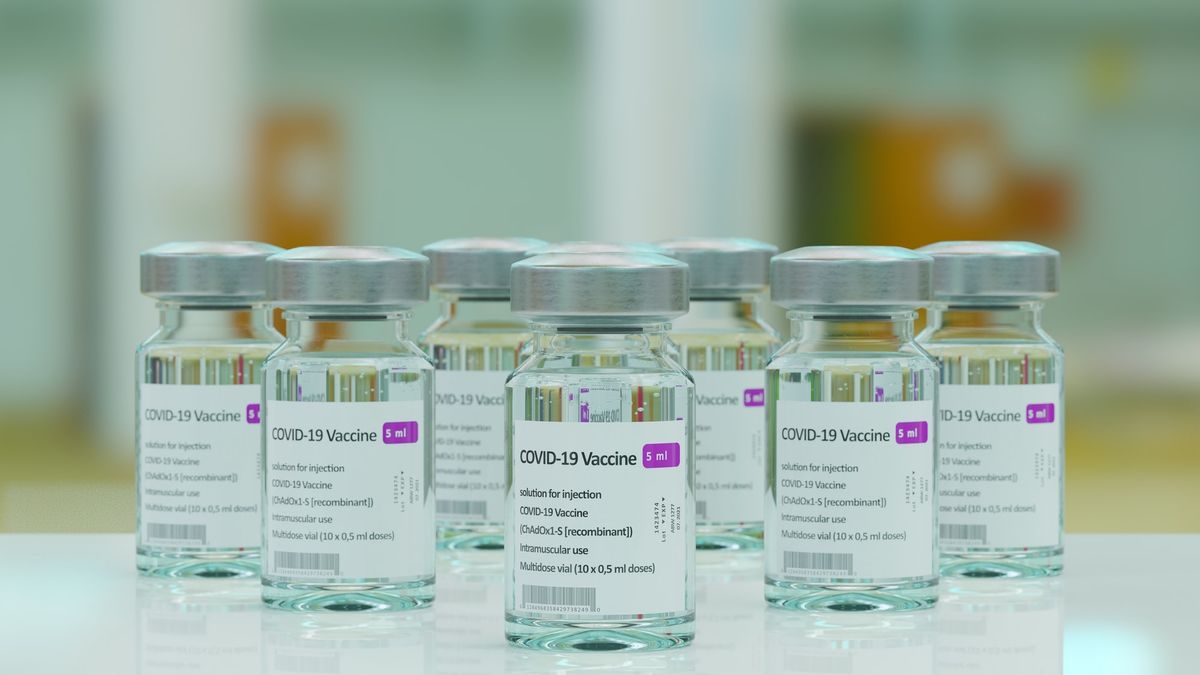Vaccine Scams Jab the Unwary

Scams are almost as common as viruses and just as adaptable. The latest variant making its way through the U.S. centers on the lotteries some states and cities are using to encourage more people to roll up their sleeves.
Other, more life-threatening, scams are being reported in India and elsewhere.
In one lottery variant, Louisianians are turning out for “Shot At A Million,” a vaccine lottery that will announce its winners Friday, July 30. It’s not a French Quarter casino but Louisiana loves its vices and lotteries can be downright infectious, so interest is running high, if not quite at a fever pitch.
That’s why officials there are warning that while the vaccine will protect you against the COVID-19 virus, it won’t protect you against con artists. The Better Business Bureau is reminding the locals that no government agency would ever call, text or email you to get sign you up for a lottery.
For Shot At A Million, you have to register online on the official lottery site. There is no charge to enter. Anyone who says you can register on the phone for a small fee is trying to scam you.

“We just want people to be able to understand that’s not how it works,” said Carmen Million, President and CEO of the Better Business Bureau of South Central Louisiana. “The government is never going to call you. The state is never going to call you to help you register for the lottery. If you’re seeing this information on the news or on the internet that the scammers are also seeing the same information, and they are targeting these consumers.”
It’s important that you never give personal financial information to someone who contacts you, no matter how legitimate they seem to be. It’s also important not to give out the information on your vaccine card. Hackers could use it for all sorts of nefarious purposes.
The U.S. Health and Human Services Department has published a lengthy fraud alert available here.
Protect yourself from COVID-19-related scams. Do not provide personal, medical, or financial details to anyone in exchange for vaccine information, and obtain vaccinations from trusted providers. View our updated #COVID19 fraud alert: https://t.co/zB1UqSjM6M. pic.twitter.com/uqChfgsPKf
— OIG at HHS (@OIGatHHS) July 22, 2021
Fake vaccines in India, Uganda
Elsewhere, more serious vaccine scams involve injections of phony vaccine. In India, police have arrested 14 people in connection with a fake vaccine scam in Mumbai.
Investigators say scammers charged perhaps thousands of people between $10 and $17 for injections of what was supposedly vaccine but was actually salt water.
“There are doubts about whether we were actually given Covishield or was it just glucose or expired/waste vaccines,” Neha Alshi, who said she was a victim of the scam, wrote on Twitter, according to a New York Times report.
In Uganda, reports say con artists pretending to be medical officials administered bogus vaccines to employees of companies that paid for the injections.
At least 800 people in Uganda were tricked into receiving fake #COVID19 vaccines amid shortages. Some were injected with water.
3 health workers are linked to the scam.
Uganda has only received enough doses to fully vaccinate 1.2% of its pop. due to access inequality. pic.twitter.com/a4SEmiixQ3
— AJ+ (@ajplus) July 21, 2021
